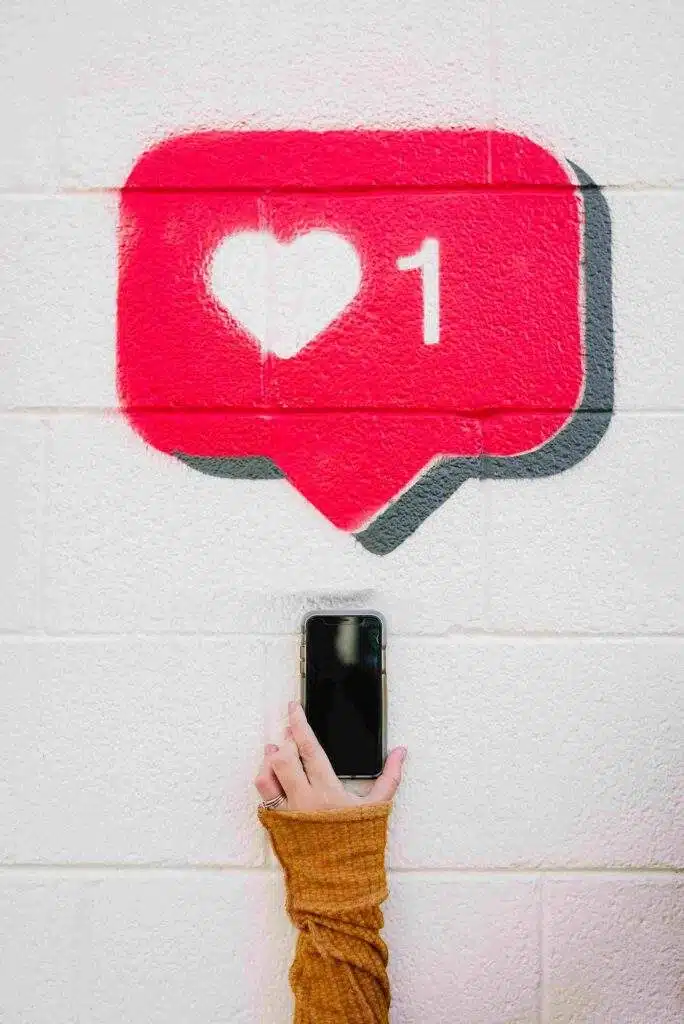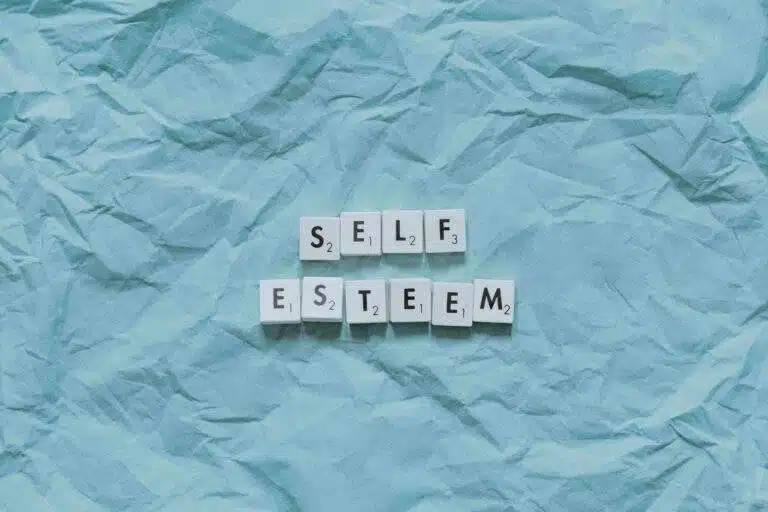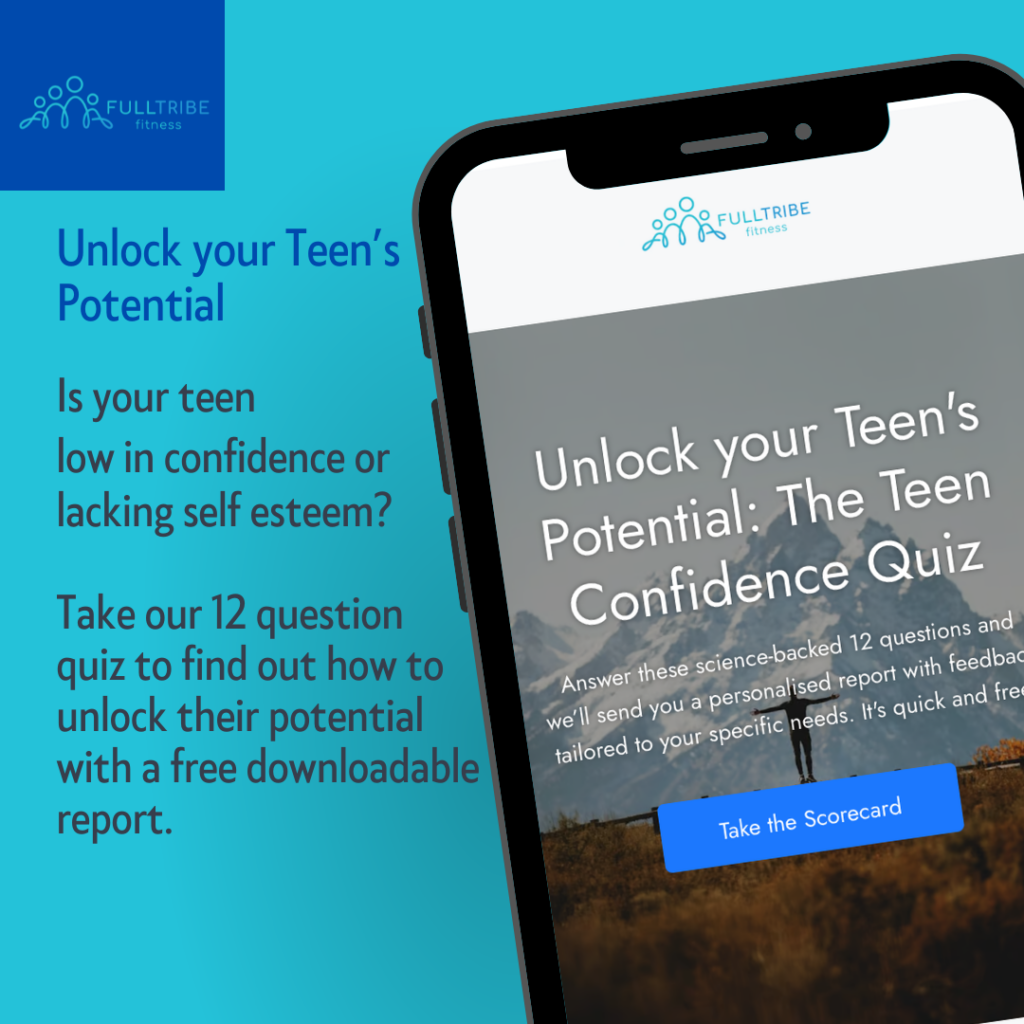How to Teach Responsible Kids Social Media Usage in 2023: Tips and Strategies
In today’s digital age, it seems like social media is everywhere. From Facebook and Instagram to TikTok and Snapchat, our children are growing up in a world where virtual connections are the norm. While social media can be a great tool for communication and self-expression, it also comes with its fair share of risks and challenges. As parents and leaders in our family, it is our responsibility to guide kids social media usage. But where do we start? In this article, we will delve into some essential tips and strategies for teaching your kids how to navigate the online world safely and responsibly to avoid the risk of Social Media Disorder.
From setting boundaries and monitoring their online activity to fostering open communication and teaching critical thinking skills, we’ll provide you with practical advice to help your children become responsible digital citizens. So, let’s dive in and equip ourselves with the knowledge, habits and tools needed to protect our kids in today’s digital landscape.
Now vs. Then; What is the problem in the current social media climate?
I remember when I was a teenager getting home from school or sport to play my daily routine of computer games. I would cherish the moments I had with that very machine that took 7 minutes to dial up to the internet and could take 14 minutes to download a simple image. Therefore, kids social media wasn’t a thing, it was all computer games and offline activity. It wasn’t social, the issue was based around asocial* behaviour. Not being able to connect with others.
Now, with the improvement of the internet, the focus has shifted. It’s gone from being an asocial issue to an issue of being too social and spending less time in the outside world and note enough time with just ourself.
*asocial – Asociality refers to the lack of motivation to engage in social interaction, or a preference for solitary activities.
A study from 2023, recorded that 25.31 million Australians, or 96% of the population are internet users, while the number of active social media users is 21.30 million, or 81% of the population. This is an astonishing number of people utilising social media!
The importance of teaching responsible kids social media usage
As parents and leaders, we play a crucial role in shaping our children’s behaviour and attitudes towards kids social media. It’s important to recognise that kids social media is not going away, and our children need to learn how to use it responsibly. By teaching them responsible kids social media usage, we can help them develop healthy habits and protect them from various online risks.
First and foremost, responsible kids social media usage can help build positive online reputations. What they post on social media can have long-lasting consequences on their personal and professional lives. What I mean by this is you don’t want to be a screenshot on a satirical Facebook page or caught up in a small town stoush on a ‘buy and sell’ page. By teaching our kids to think before they post, we can help them avoid potential pitfalls and ensure that their online presence reflects their true values and character.
Additionally, teaching responsible kids social media usage helps children become critical thinkers and discerning consumers of online content. With the abundance of information available on social media, it’s important for children to learn how to evaluate the credibility and accuracy of what they come across. This skill will not only help them avoid falling for misinformation but also enable them to make informed decisions and contribute meaningfully to online discussions. With so many charlatans and scammers out there for a quick buck, this is more prevalent than ever.

Understanding the risks and dangers of kids social media
Before we can effectively teach responsible kids social media usage, it’s essential to understand the risks and dangers they may encounter online. One of the most significant risks is cyberbullying. Social media platforms provide a virtual space where bullies can hide behind screens and target vulnerable individuals.
By educating our children about the signs of cyberbullying and fostering open communication, we can help them recognise when they are being targeted and provide them with the necessary support.
Another common danger is the potential exposure to inappropriate content. Social media platforms are not foolproof when it comes to filtering out explicit or harmful content. It’s crucial to teach our children to be cautious and report any inappropriate content they come across. By setting guidelines and monitoring their online activity, we can minimise the chances of them stumbling upon harmful material.
Privacy is another critical aspect to consider. Children need to understand the importance of protecting their personal information online. From setting strong passwords to being mindful of the content they share, teaching our children about privacy can help them avoid unwanted attention and potential identity theft.
Setting guidelines and rules for kids social media usage
To ensure responsible kids social media usage, it’s important to establish clear guidelines and rules to follow. These guidelines will help them understand what is acceptable and what is not when it comes to their online behaviour.
Start by discussing the age-appropriate kids social media platforms they can use. Different platforms have different age restrictions, and it’s crucial to ensure that your child is old enough to navigate the platform responsibly.
Next, establish rules regarding screen time and the amount of time your child can spend on social media. It’s important to strike a balance between online and offline activities to promote a healthy lifestyle.
If I was to speak from personal experience, my parents set a hard one-hour daily limit (unless I was sick or injured…). Looking back at the time, I thought it was childhood abuse, but now, I honestly think it was one of the best rules they set up for me.
Additionally, discuss the type of content that is appropriate for your child to share and engage with. Teach them to be mindful of the impact their posts can have on themselves and others. Encourage them to think before they post, considering the potential consequences and how their words or actions may be perceived.
Educating kids about privacy and online safety
Privacy and online safety should be at the forefront of our discussions with our children. It’s crucial to teach them about the importance of protecting their personal information and being cautious about sharing it online.
Start by explaining the concept of personal information and what should be kept private. Teach your child to avoid sharing personal details such as their full name, address, phone number, and school information. Emphasize the importance of only sharing personal information with trusted individuals.
Another important aspect of online safety is teaching children about the risks of interacting with strangers online. Teach them to be cautious and avoid sharing personal information or meeting up with someone they have only met online. Encourage them to come to you if they ever feel uncomfortable or receive suspicious messages.
Furthermore, it’s essential to educate your child about the importance of strong and unique passwords. Teach them how to create passwords that are difficult to guess and the significance of not sharing passwords with anyone, even friends.
Monitoring and supervising your kid’s social media activity
While it’s crucial to trust our kids, monitoring and supervising their social media activity is essential for their safety and well-being. By staying involved, we can identify and address any potential issues early on.
Start by discussing with your child the importance of open communication and the fact that you will be monitoring their online activity. Explain that this is not about invading their privacy but rather ensuring their safety.
Consider using parental control tools and software to help you monitor your child’s online activity. These tools can provide insights into their browsing history, social media interactions, and even help you set time limits on their screen time.
Additionally, regularly check in with your child about their online experiences. Ask them about any challenges or concerns they may have encountered and provide guidance and support when needed.
Encouraging open communication and trust
Building open communication and trust is crucial when teaching responsible kids social media usage. By fostering an environment where they feel comfortable discussing their online experiences, we can address any concerns or issues that may arise.
Create a safe space where your child feels comfortable sharing their online experiences, both positive and negative. Encourage them to come to you if they ever feel uncomfortable or receive any inappropriate messages or content.
Avoid overreacting or becoming judgmental when your child shares their experiences with you. Instead, listen attentively and offer guidance and support. This will help them feel understood and more likely to come to you in the future. Be sure to validate their emotions and avoid shoving your own emotions down their throat.

Teaching digital citizenship and responsible online behaviour
Being a responsible digital citizen goes hand in hand with responsible kids social media usage. It’s important for children to understand their rights and responsibilities when it comes to their online behaviour.
Teach your child about the concept of digital citizenship, which includes respecting others online, using technology responsibly, and protecting their own and others’ rights. Discuss the importance of being kind, respectful, and ethical in their online interactions.
Additionally, teach your child about the implications of their online actions. Help them understand that what they post online can have consequences and can impact their relationships, opportunities, and future.
Implementing time management and balance with kids social media
Balancing kids social media usage with other activities is crucial for maintaining a healthy lifestyle. Encourage your child to engage in offline activities such as hobbies, sports, and spending time with friends and family.
Set boundaries around screen time and encourage your child to take regular breaks from social media. Help them understand the importance of disconnecting and spending time in the real world.
Lead by example and limit your own screen time. By demonstrating healthy habits, you can inspire your child to do the same.
Teaching critical thinking and media literacy skills
In today’s digital landscape, it’s essential for children to develop critical thinking and media literacy skills. These skills will help them navigate the vast amount of information available online and make informed decisions.
Teach your child to question what they see and read online. Encourage them to evaluate the credibility and accuracy of the information and consider multiple sources before forming an opinion.
Additionally, discuss the importance of recognising and avoiding clickbait and sensationalised content. Teach them to look for reliable sources and fact-check information before accepting it as truth.
Setting a good example as a parent or guardian
As parents or guardians, we have a significant influence on our children’s behaviour and attitudes. It’s crucial to set a good example when it comes to our own social media usage.
Be mindful of what you post and share online. Consider the potential impact your words and actions may have on others.
Demonstrate responsible social media usage by being respectful, kind, and ethical in your online interactions. Show your child that social media can be a tool for positive change and connection.
Resources and tools for teaching responsible kids social media usage
Fortunately, there are numerous resources and tools available to help parents teach responsible kids social media usage to their children.
Consider using parental control software to monitor and manage your child’s online activity. These tools can provide insights into their social media usage and help set limits on screen time.
Educational websites and organisations offer valuable resources, tips, and guides for parents. These resources can assist you in navigating the challenges of teaching responsible kids social media usage.
Additionally, consider attending workshops or webinars focused on digital parenting. These events can provide you with the latest insights and strategies for guiding your child’s online behaviour.
Summary
Teaching responsible kids social media usage is an ongoing process. By setting guidelines, fostering open communication, and teaching critical thinking skills, we can help them navigate the online world safely and responsibly. It’s crucial to stay involved, monitor their online activity, and lead by example. By equipping them with the necessary knowledge and tools, we can empower our children to become responsible digital citizens and protect them in today’s digital landscape. Let’s embrace this challenge and guide our children towards a positive and responsible online presence.
You’re only one post away from being on the local ‘buy and sell’, the choice is up to you.
Until next time,









